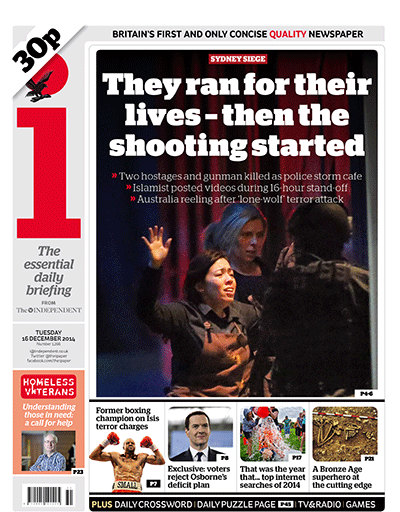Letter from the Political Editor: The electioneering has started, and top of the agenda for all parties: the budget deficit.


Your support helps us to tell the story
From reproductive rights to climate change to Big Tech, The Independent is on the ground when the story is developing. Whether it's investigating the financials of Elon Musk's pro-Trump PAC or producing our latest documentary, 'The A Word', which shines a light on the American women fighting for reproductive rights, we know how important it is to parse out the facts from the messaging.
At such a critical moment in US history, we need reporters on the ground. Your donation allows us to keep sending journalists to speak to both sides of the story.
The Independent is trusted by Americans across the entire political spectrum. And unlike many other quality news outlets, we choose not to lock Americans out of our reporting and analysis with paywalls. We believe quality journalism should be available to everyone, paid for by those who can afford it.
Your support makes all the difference.The long campaign for the general election next May has begun. Yesterday brought appearances by the three main party leaders, who locked horns on what is bound to be the key election issue – how to clear Britain’s budget deficit.
The Conservatives think they have built up enough credit by halving the deficit since 2010 to win the argument. They hope their “let us finish the job” mantra will trump Labour’s “time for change”.
George Osborne laid a trap for Labour yesterday by publishing his Charter for Budget Responsibility, which aims to balance the books on day-to-day spending on public services by 2017-18. But Labour side-stepped it, saying the party would back the Charter.
The Liberal Democrats signed up but to get their support the Chancellor had to weaken his original plan to balance the budget on both day-to-day and capital spending such as infrastructure projects. Both Labour and the Lib Dems would allow higher borrowing for such schemes than the Tories. The two parties would also meet some of the £30bn savings needed by 2017-18 from tax rises, while Mr Osborne says he would fill the hole through £12bn of welfare cuts, £5bn from reducing tax avoidance and the rest from cuts to other departmental budgets.
Implausibly, the Tories dangle before voters £7.2bn of income tax CUTS – as well as a possible £23bn budget surplus by 2020.
Rather than play political chess games, it would be more honest for the parties to spell out in detail how they would fill the £30bn gap in the public finances they now acknowledge. Then the voters would be in a better place to decide which approach they want.
Join our commenting forum
Join thought-provoking conversations, follow other Independent readers and see their replies
Comments